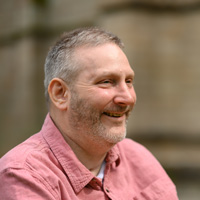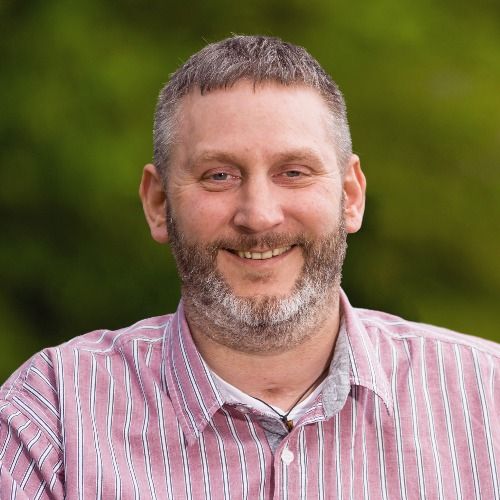Episode 90
Finding Confidence Amid Self-Doubt: A Discussion on Imposter Syndrome and Dunning-Kruger Effect
Links to Steven Webb's podcast and how you can support his work.
- Donate paypal.me/stevenwebb or Coffee stevenwebb.uk
- Steven's courses, podcasts and links: stevenwebb.uk
In this enlightening episode of "Stillness in the Storms," titled "Finding Confidence Amid Self-Doubt: A Discussion on Imposter Syndrome and Dunning-Kruger Effect," host Steven Webb offers a deep dive into the psychological phenomena that often hold us back from realizing our full potential.
If you find value in these discussions and wish to support the podcast, consider making a donation or buying Steven a coffee at thankyousteven.com. Your support helps continue these insightful conversations and aids in reaching more people who could benefit from them.
Drawing from his personal experiences and insights, Steven shares his journey of overcoming self-doubt and finding confidence, despite the challenges. He explores the intricacies of Imposter Syndrome and the Dunning-Kruger Effect, explaining how these conditions manifest in our lives and influence our self-perception and actions.
Steven recounts a pivotal moment at a climate change conference, where he was thrust into the spotlight despite feeling like an imposter. His response to a challenging question not only earned the agreement of a climate change expert but also led to a personal breakthrough in his battle with Imposter Syndrome.
The episode emphasizes the importance of acknowledging our achievements, no matter how small they may seem. Steven encourages listeners to write down their accomplishments as a way to combat feelings of inadequacy and to realize their worth.
He also underscores the value of sharing our fears and facing them head-on. By opening up about our insecurities, we can begin to understand them better and find ways to overcome them.
Steven's discussion on these psychological phenomena is not just informative but also deeply empowering. He reminds us that self-doubt and overconfidence are not fixed states, but fluctuating feelings that we can learn to navigate.
Tune in to this episode for a transformative discussion that encourages self-reflection, promotes self-confidence, and provides practical advice on dealing with Imposter Syndrome and the Dunning-Kruger Effect. Remember, the journey to inner peace and self-assuredness is a continuous one, and "Stillness in the Storms" is here to guide you every step of the way.
Transcript
Finding Confidence Amid Self-Doubt: A Discussion on Imposter Syndrome and Dunning-Kruger Effect
===
[: [: [: [: [: [: [: [: [: [: [: [: [: [: [: [: [: [: [: [: [: [: [: [: [: [: [: [: [: [: [: [: [: [: [: [: [: [: [: [: [: [: [: [: [: [: [: [: [: [: [: [: [: [: [: [: [: [: [: [:

